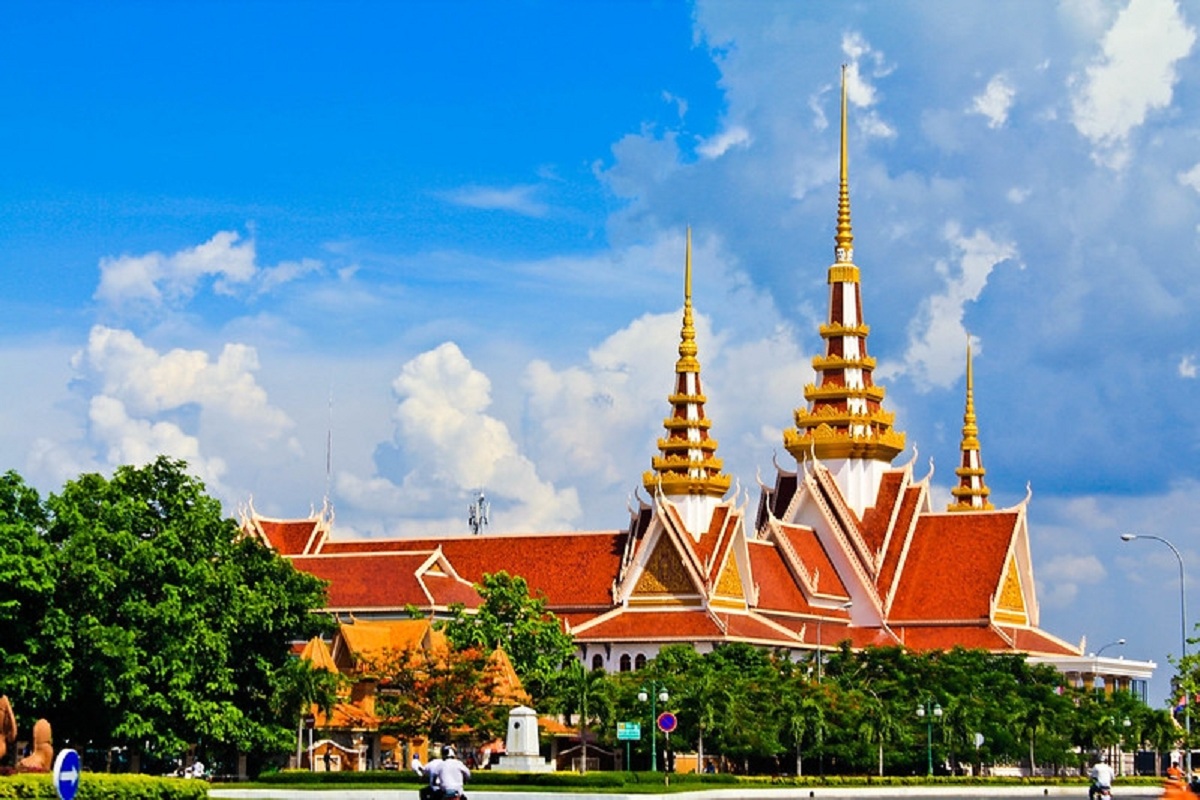FTA negotiations, initiatives for MSMEs, digital transformations remained key focus in 2024
In terms of FTAs, India has signed nearly eight key agreements this year.
Commerce Minister Pan Sorasak said the Cambodian government has projected that the RCEP accord will boost the country’s gross domestic product (GDP) by 2 percent, exports by 7.3 percent, and investment by 23.4 percent.

National Assembly of Cambodia ratifies the RCEP.(pic credit: opendevelopmentcambodia.net)
The National Assembly of Cambodia has ratified the Regional Comprehensive Economic Partnership (RCEP), the world’s largest free trade agreement (FTA), which comprises 15 Asia-Pacific countries.
Ninety-three lawmakers, who were present during the parliamentary session on Wednesday, unanimously adopted the pact, which will be next reviewed by the Senate before being submitted to King Norodom Sihamoni for endorsement, reports Xinhua news agency.
Advertisement
Signed on November 15, 2020, the RCEP is a mega trade deal between 10 ASEAN member states (Brunei, Cambodia, Indonesia, Laos, Malaysia, Myanmar, the Philippines, Singapore, Thailand, and Vietnam) and its FTA partners, namely China, Japan, South Korea, Australia, and New Zealand.
Advertisement
Commerce Minister Pan Sorasak said the Cambodian government has projected that the RCEP accord will boost the country’s gross domestic product (GDP) by 2 percent, exports by 7.3 percent, and investment by 23.4 percent.
“The RCEP agreement will become the core foundation for trade and investment in the region, further expand regional value chains and create more employment and market opportunities for peoples and businesses in the region,” he told Parliament.
“It also gives support to the world on the multilateral free trade system.”
Cheam Yeap, chairman of the National Assembly’s Commission of Economy, Finance, Banking, and Audit, said that the pact will enter into force 60 days after six ASEAN member states and three of the non-ASEAN signatories ratified the agreement.
“This agreement will create an open trade and investment atmosphere for the region and will ultimately contribute to global economic growth and development,” he said.
Covering a region with a combined GDP of $26.2 trillion, or about 30 percent of global GDP, the RCEP agreement is an unprecedented, modern, comprehensive, high-quality, and reciprocal mega-regional trading arrangement that accommodates the broadest possible interests, conditions, and priorities of different countries.
Once in effect, the deal will eliminate tariffs on as much as 90 percent of goods traded between its signatories over the next 20 years.
Advertisement